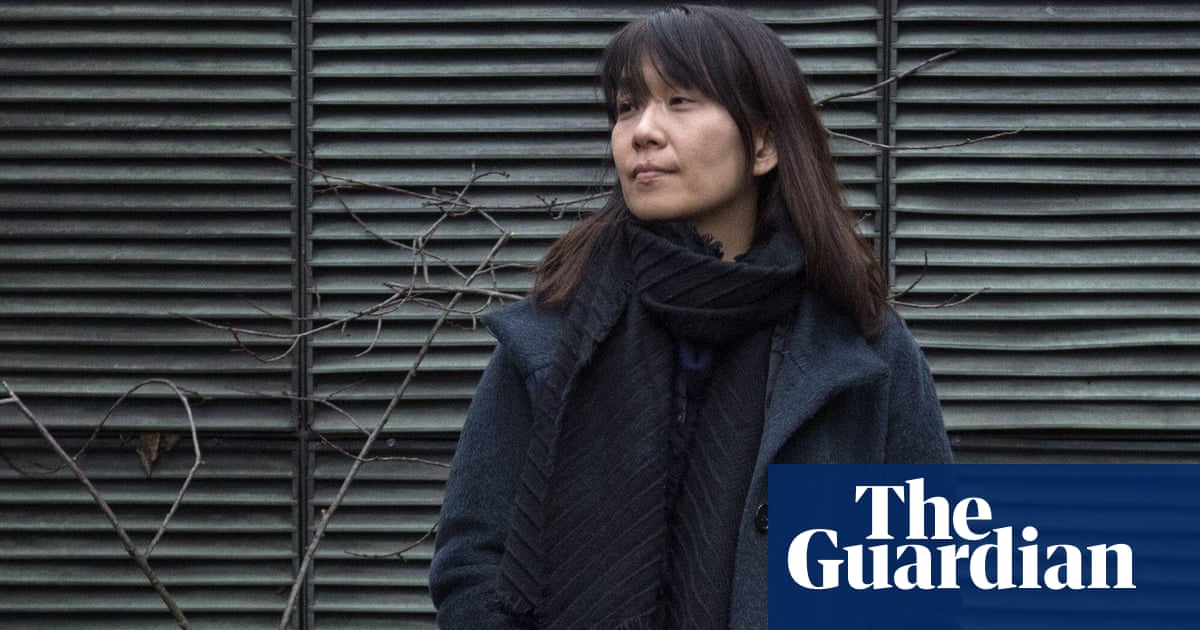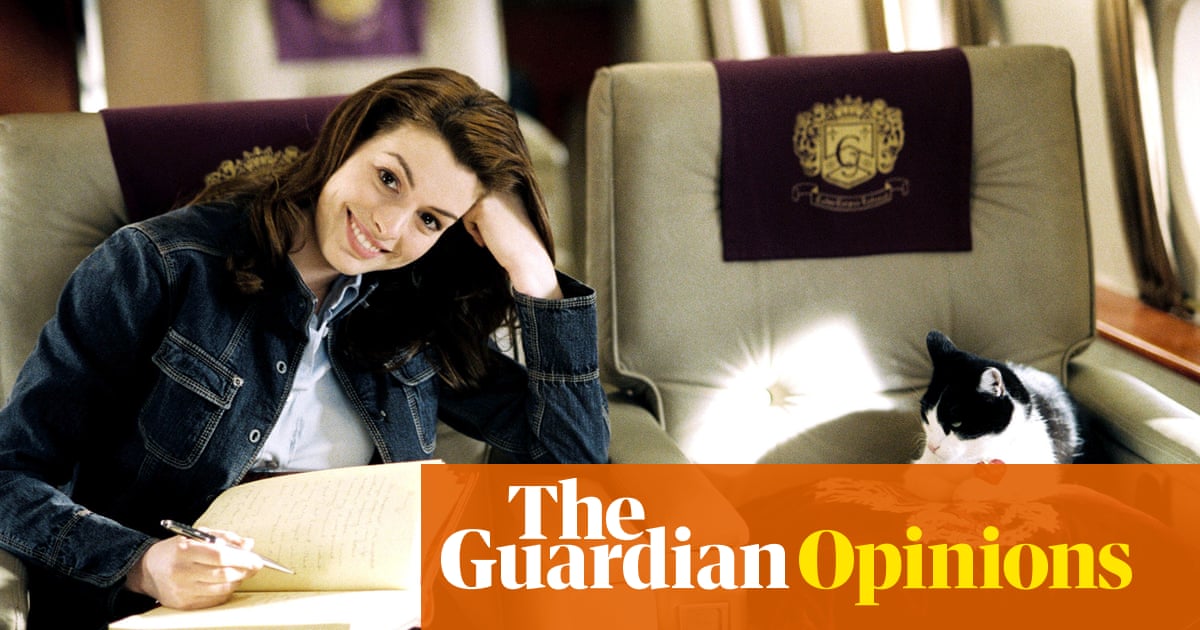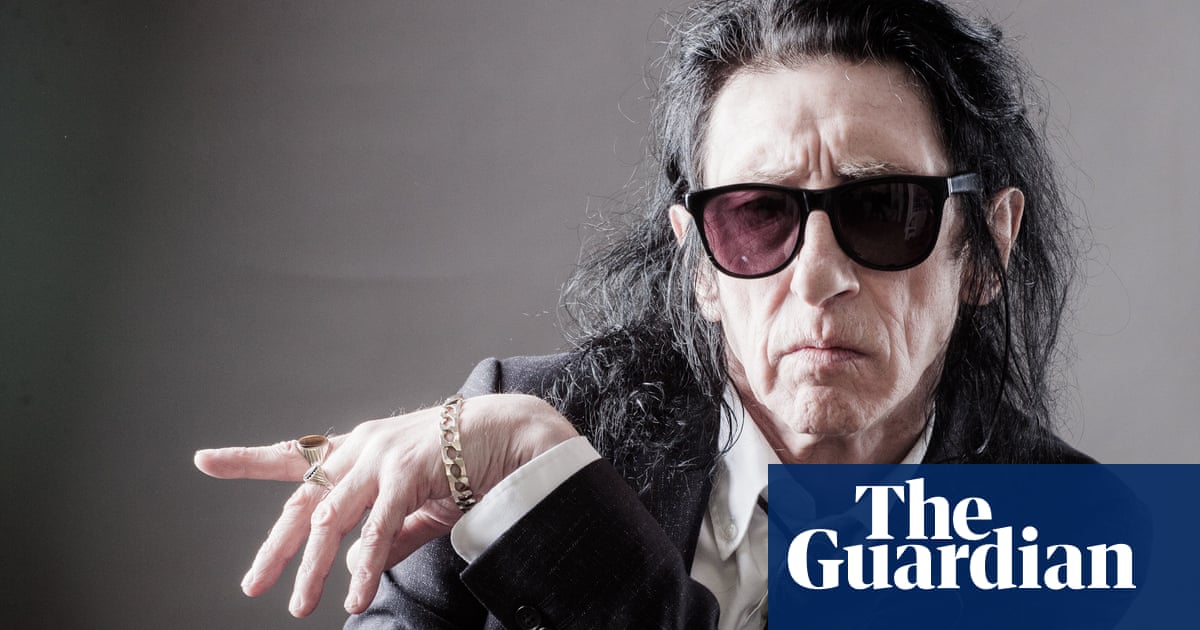
My earliest reading memory
When I was a child, my father, a young and poor novelist, kept our unfurnished house packed with books. A deluge spilled out from the shelves, covering the floor in disorderly towers like a secondhand bookstore where the organising had been put off for ever. To me, books were half-living beings that constantly multiplied and expanded their boundaries. Despite the frequent moves, I could feel at ease thanks to all those books protecting me. Before I made friends in a strange neighbourhood, I had my books with me every afternoon.
My favourite book growing up
What I read in my early childhood were children’s books by Korean writers such as Kang So-cheon or Ma Hae-song. I remember being mesmerised by the story of a photo studio that printed pictures of people’s dreams. And the image of a child feeling sorry for the trees sleeping standing up at night and singing: “Oh tree, oh tree, lie down and sleep.” A particularly unforgettable translated children’s book is The Brothers Lionheart by Astrid Lindgren.
In my late teens I was absorbed in reading Russian literature, especially the long, tenacious novels by Dostoevsky. Death of a Poet by Pasternak was also a favourite I’d read multiple times.
The book that changed me as a teenager
At the age of 14, I read Sapyong Station, a short story by Lim Chul-woo. It depicts a rural train station in the dead of a snowy night, and there’s no protagonist; the inner monologues of passengers waiting for the last train combine like a medley. One coughs while another tries to strike up a conversation, and someone else throws sawdust into the stove and looks into the flames. I was enthralled by this lively story and decided to become a writer.
The writer who changed my mind
About 10 years ago, I read WG Sebald’s Austerlitz and came to dwell on the way he penetrated deeply into the inner world to embrace collective memories. Since then, I have read most of his books; The Emigrants is the one I cherish.
The author I came back to
There was a year when I could neither write nor read fiction. I could only watch documentaries because fiction films were unbearable. I spent my time reading mostly astrophysics books. But somehow Jorge Luis Borges was an exception. I revisited and savoured the volumes by him that I’d flipped through in my 20s, such as The Book of Sand and Shakespeare’s Memory.
The books I discovered later in life
The Periodic Table by Primo Levi. Invisible Cities by Italo Calvino. Dubliners by James Joyce. The God of Small Things by Arundhati Roy. Nox by Anne Carson.
The books I am currently reading
Dictee by Theresa Hak Kyung Cha and The End of Days by Jenny Erpenbeck.
My comfort read
Most books I read before bed are about plants, such as Jane Goodall’s Seeds of Hope or Peter Wohlleben’s The Hidden Life of Trees. The book I turn to when I need silence is Glenn Gould Piano Solo by Michel Schneider.
Greek Lessons by Han Kang and translated by Deborah Smith is published by Hamish Hamilton (£16.99). To support the Guardian and Observer, order your copy at guardianbookshop.com. Delivery charges may apply.












